Help students identify different sources of heat energy with this engaging, interactive activity.
Which Heat Source is Being Used?
So you’ve started your heat energy unit and spoken to your students about what heat is.. and now you need to help students understand where the heat comes from… what are the different sources of heat energy?
This fun and engaging interactive activity will have your students identify different real-life examples of the following sources of heat energy.
- Chemical Energy
- Electrical Energy
- Kinetic Energy
Each of these sources of heat energy is explained in child-friendly terms with our Heat Sources Classroom Posters.
How to Use This Interactive Activity in the Classroom
After discussing the different sources of heat energy, this versatile interactive activity can be used in the following ways in your classroom:
- Complete as a whole class and have discussions about why or why not each object on each slide is an example of either chemical, electrical or kinetic heat energy.
- Use it as an individual activity that students can use on their own devices.
- Send it home and have students complete it as homework.
- Complete an activity a day as a daily warm-up (excuse the pun).
Download and Play Today!
This resource is available to download in Google Slides. Use this activity in Slideshow Mode to ensure the interactive element works.
This resource was created by Lindsey Phillips, a teacher in Michigan and a Teach Starter collaborator.
More Heat Energy Resources
Looking for more resources to add to your heat energy Science lessons? We have you covered…
[resource:5042547] [resource:5042377] [resource:2674194]
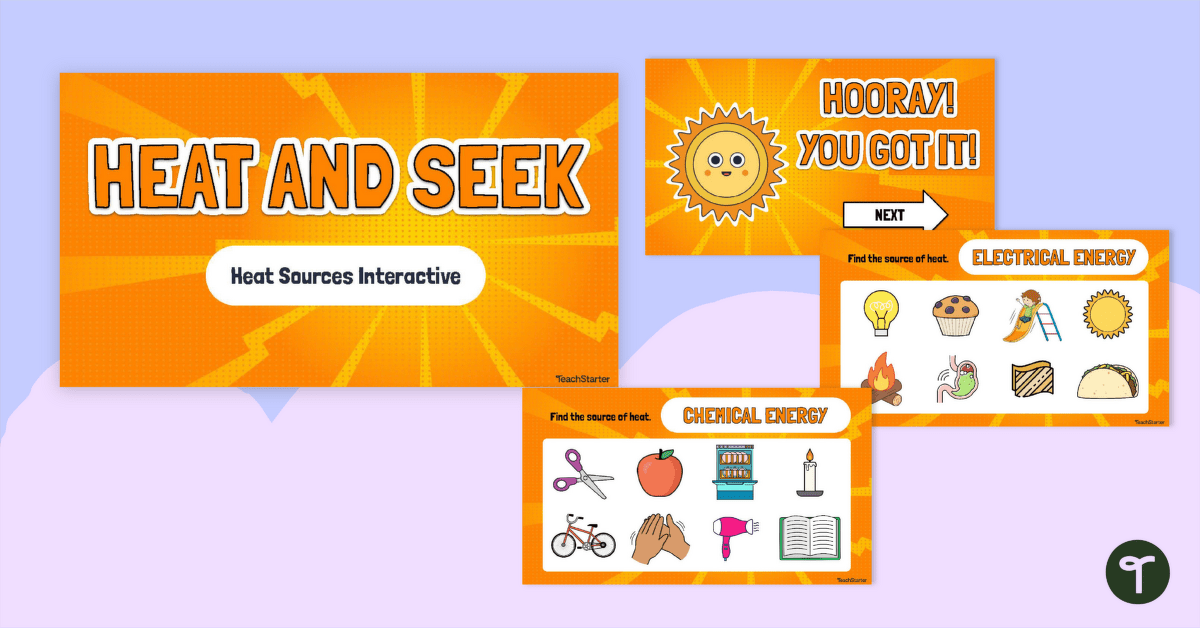

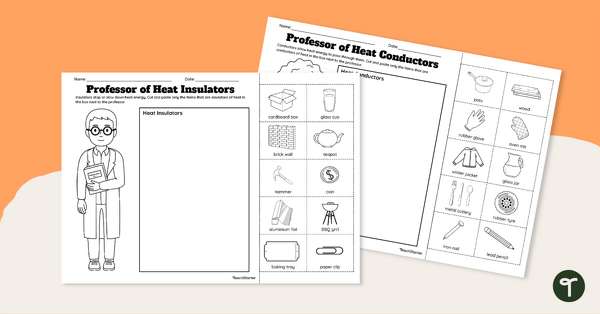
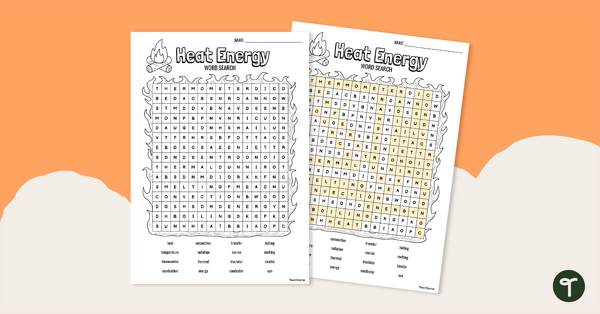
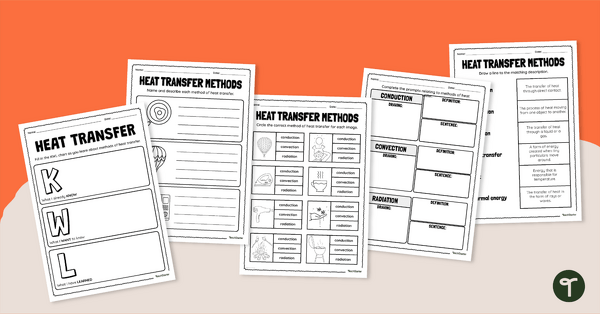
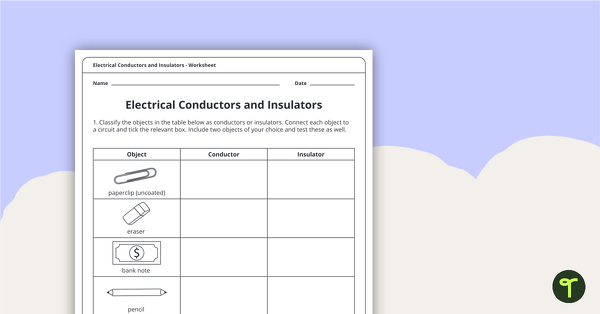
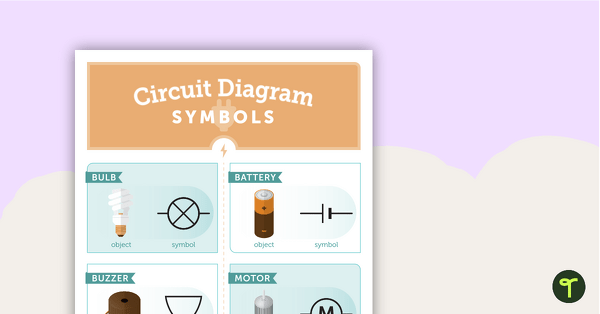
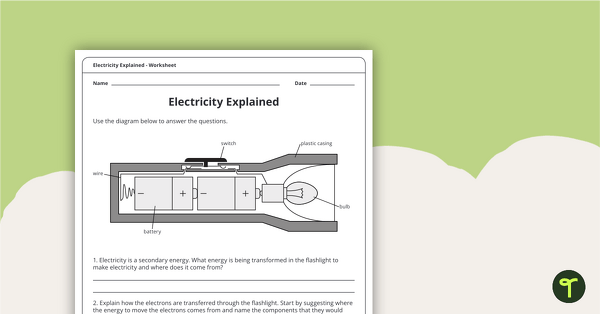
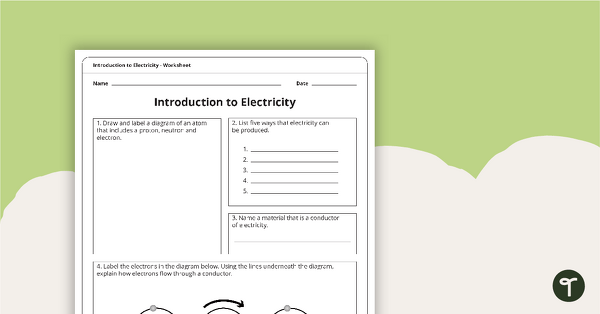
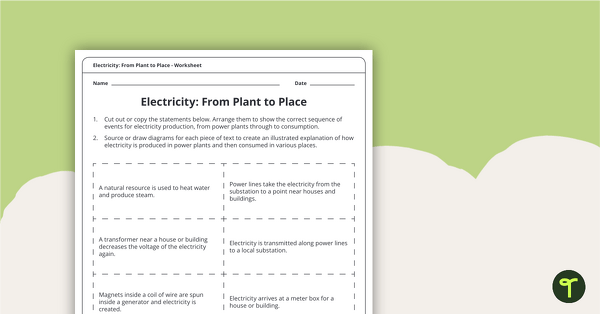
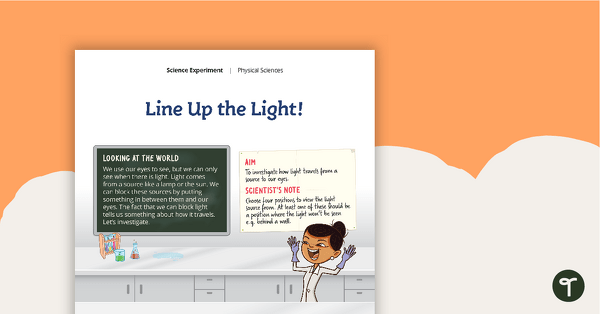
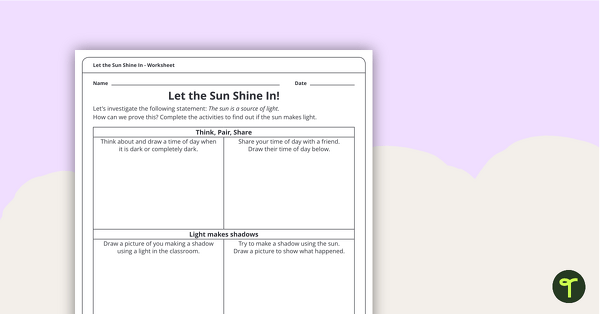
0 Comments
Write a review to help other teachers and parents like yourself. If you'd like to request a change to this resource, or report an error, select the corresponding tab above.